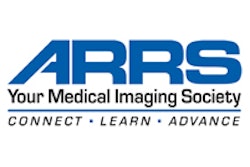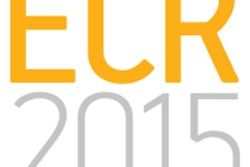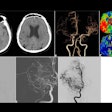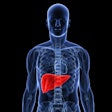Radiation dose-tracking software is an easy and effective way to monitor CT radiation dose exposure in a busy, multivendor academic practice, researchers from Massachusetts General Hospital reported at the American Roentgen Ray Society (ARRS) meeting in San Diego.
Dr. Yasir Andrabi and colleague Dr. Dushyant Sahani retrospectively looked at more than 80,000 CT exams using automated exposure tracking software (eXposure, Radimetrics). Focusing on 1,450 abdominal scans, they tracked radiation dose patterns along with various iterative reconstruction schemes, and found that iterative reconstruction offers dose reductions of up to 50%.
"Software-based dose monitoring simplifies the complex and essential quality and safety assurance with CT scanning irrespective of the scanner location," presenter Andrabi said in a statement.
Of the 83,350 total CT exams, 31% (n = 25,530) were performed for various gastrointestinal applications comprising more than 50 separate protocols. The researchers further narrowed their focus down to 1,450 noncontrast abdominal scans, which were acquired using CT scanners and iterative reconstruction algorithms from three different vendors.
Iterative reconstruction techniques enabled nearly 50% reduction in radiation dose (measured using size-specific dose estimates) compared to national averages reported in the American College of Radiology (ACR) Dose Index Registry, according to the researchers.



















